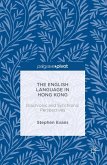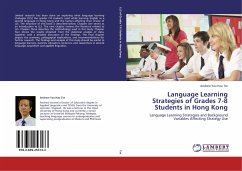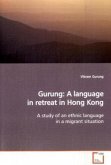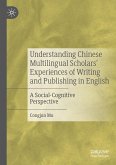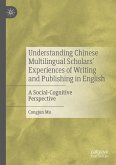This book systematically examines the linguistic features and socio-cultural issues of 'Hong Kong English'. The author focuses on authentic data taken from the International Corpus of English (the Hong Kong component) and the Corpus of Global Web-based English to track the ways in which the English language in Hong Kong has been adapted by its users. She also analyses the emergence of new forms and structures in its grammar and discourse. While the phonetic and phonological aspects of this variety of English have been well documented, its grammatical peculiarities and social language use have been hitherto neglected. This book offers original insights into the grammatical and pragmatic/discoursal features of Hong Kong English and will therefore be of interest to those working in fields such as World Englishes and corpus linguistics.
"I enjoyed reading this book for its geostatistical content, extension to the area of geophysics, and for its production quality. The target audience is the petroleum engineer, geophysicist, or numerically oriented geologist. ... This book would be appropriate for an upper level undergraduate class and above." (Michael Ed. Hohn, Mathematical Geosciences, Vol. 50, 2018)


